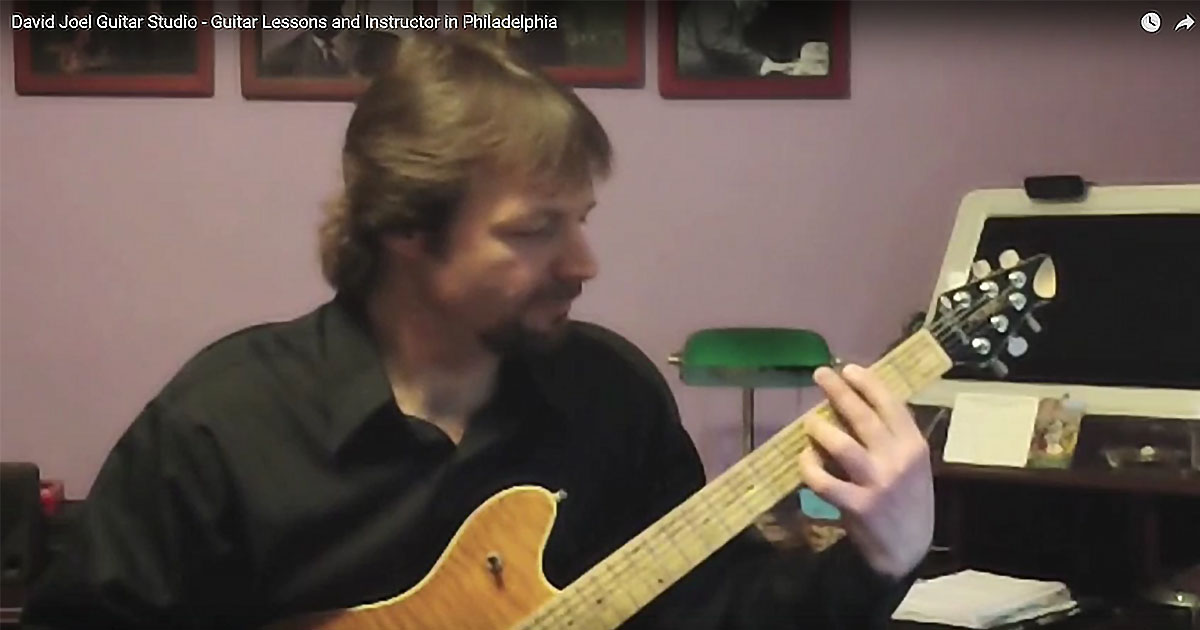Improvising On Guitar-Part 3
Get Your Jam on!
 Improvising on the guitar – part three
Improvising on the guitar – part three
Tuning in to your musical imagination is the key to improvising. There is, however, another vital skill you need to develop and that is the ability to play whatever your musical imagination comes up with. To play guitar by ear. This is quintessentially what improvising is all about. In the last few weeks, we brought you a couple of articles about improvisation on the guitar. In the last of these articles, we get down to the meat and bones of it.
When you hear a song and you listen to it enough, you “record” the musical information to your brain and you know how to manipulate vocal cords in order to reproduce the melody. Doing this on guitar is a little bit tougher. You are still listening to music and recording a melody in your mind. But then, instead of your voice, you’re using your instrument to reproduce it.
If you are looking to train your ears you should start by learning songs by ear. It’s the most effective way to practice hearing a sound and figuring out how to product that sound on your guitar. The most effective way to learn this is by taking lessons and getting a qualified instructor to help you. They can’t do it for you, but they can help you take the steps to get there.
Improvising is about expressing your musical vocabulary to say meaningful things. By learning to play by ear, we come better and better at accessing our musical vocabulary. We become better at playing the things our musical imagination comes up with. Another way to improve our improvisation is to expand our vocabulary. The better your vocabulary, the more you can say and the better you can articulate yourself. The best improvisors have a huge musical vocabulary, which allows them to express themselves eloquently.
So, how do you build your musical vocabulary? It starts by learning music you like. This can be anything. Guitar riffs, vocal melodies, hip hop bass lines, classical themes, anything that interests you. Just learn them and this expands your musical vocabulary. Again, the best way to build and expand your musical vocabulary is with the help of a skilled teacher.
Once you have learned how to the play the guitar, improvising usually comes as second nature to most. You will find yourself humming melodies and wanting to reach for your guitar and just strum them out. You may find yourself strumming a tune you already know, or you may come up with something that you’ve never heard before. Regardless, that is improvisation, and nothing compares to that feeling when you realize you are creating something on your own.
We hope this guide has helped you to either get started with improvisation or get better at it. Of course, there is so much to learn. It has taken us three articles to talk about improvisation and we haven’t even scratched the surface. Find a great teacher and learn everything you can. David Joel teaches improvisation, music theory and so much more. He teaches one on one and focuses on the kind of music you want to learn. This helps to keep you engaged and wanting to learn more.